About Us
The Winnie Carter Wildlife Center is an educational facility that offers undergraduate and veterinary students a unique opportunity to gain hands-on experience with a variety of exotic animal species. Each animal requires specialized management, husbandry, and medical care.
Students assist in providing care for the animals, similar to the duties of a zookeeper. This includes daily feeding, cleaning, enrichment, training, and enclosure maintenance.
Our facility holds the highest standard of animal care, and we instill that in each of our students.
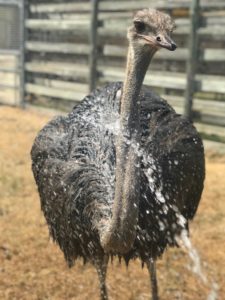
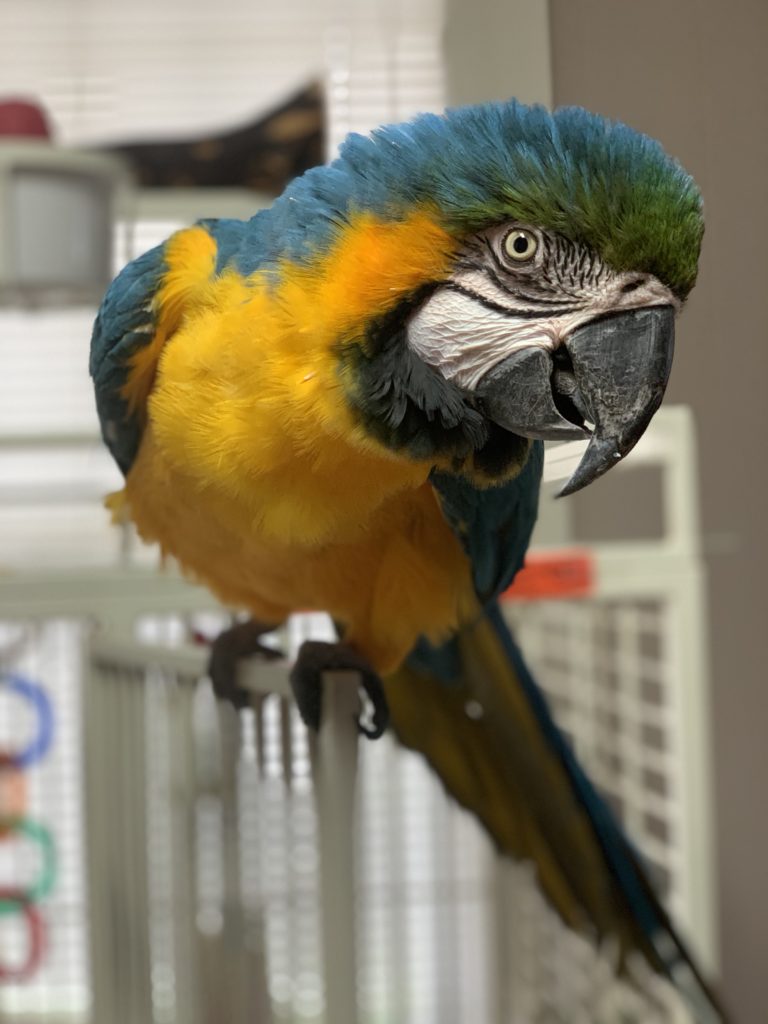
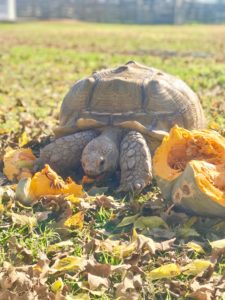
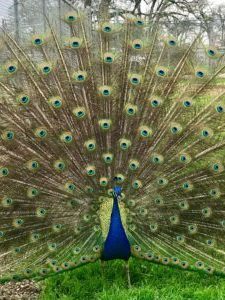
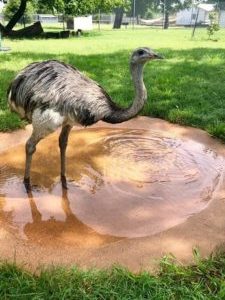
Our Mission
- To educate Texas A&M undergraduate and veterinary students on the management, handling, behavior, and veterinary care of exotic and wildlife species.
- To provide hands-on experience for Texas A&M veterinary students looking to further their knowledge and skills in the area of exotic, wildlife, and conservation medicine.
- To provide a sanctuary and a permanent home for many animals that are in need of one.
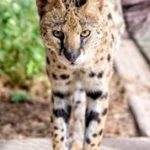

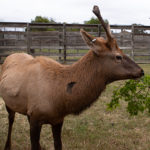

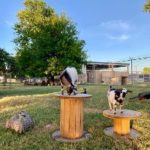
Our History
The footprint of our center was originally a section of land under the management of the Texas A&M College of Agriculture & Life Sciences (COALS). 14 acres were not being used, so it was given to the Department of Veterinary Physiology & Pharmacology (VTPP) at the Texas A&M School of Veterinary Medicine & Biomedical Sciences (VMBS). The construction of our center was mostly funded through private gifts.
The facility contains an organized system of pastures and paddocks that allow animals to be moved in a way that is safe for both the students and the animals.
In the 1990s, an experiential learning student program began. This high-impact educational program teaches students about the conservation and husbandry of exotic animals. Most of the animals are named after someone and have a unique history of their own.
Today, the Winnie Carter Wildlife Center remains one of the only wildlife centers on a university campus.
